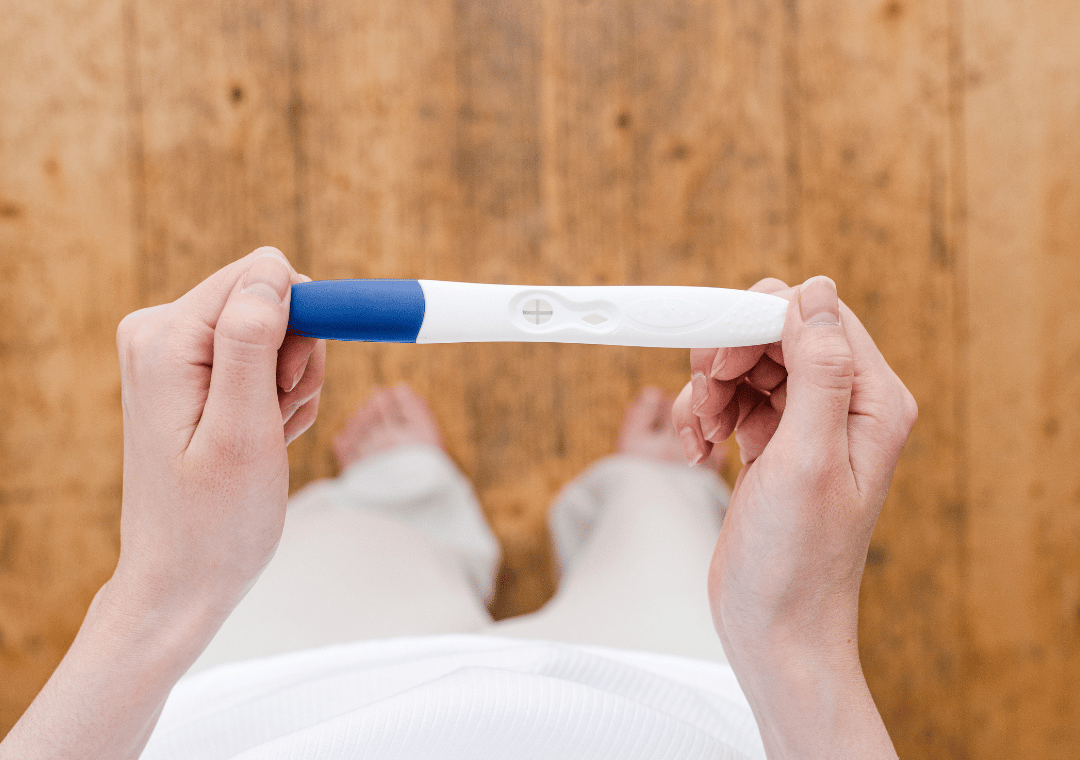Many women struggle to get pregnant. There are many factors that go into your fertility. We decided to make a simple guide to help you discover natural ways to boost your fertility.
Understand menstruation
Every woman has a different menstrual cycle. Understanding the basics of this cycle are important when you are trying to get pregnant. Your cycle begins on the first day of your period. Generally, women experience ovulation between days 11 and 21 of their cycle. Ovulation occurs when the ovaries release a mature egg into the fallopian tubes. The few days before and hours after ovulation are when you are most fertile.
Know yourself
Understanding your own cycle will increase your chances of getting pregnant. Knowing when your most fertile can be simple when you put effort into tracking your cycle. Try making a calendar for a few months to track when you're getting your period. This will help you determine when you are ovulating. You can also observe your cervical mucus to find out when you are fertile. Wet and slippery mucus generally means it’s the ideal time conceive.
Having Sex
When it comes down to it, having sex, for a male/female couple, is how we conceive naturally. Increasing when we have intercourse, and how frequently, is key to boosting fertility naturally. Planning sex around your fertile days improves your chances of conception. That’s why understanding your cycle is critical. Now, some of you might have a fertility diagnosis that prevents you from conceiving through intercourse. If that’s the case, seek out the help and care of an infertility specialist.
Change your diet
Studies show that making changes to your diet can be one of the most effective ways to boost fertility. Havard’s School of Public Health found that women who altered their diet, in conjunction with other lifestyle changes, were 80 percent less at risk of infertility than those who changed no factors. Changing a diet can seem difficult at first. But, there are easy ways to substitute unhealthy foods you love for similar, stronger foods.
Here are some simple tips to change your diet:
-
Consume more monounsaturated fats and less trans fats
-
Get your protein from plants rather than animals
-
Take a multivitamin
-
Get iron from plants and supplements
(For a personalized version of multivitamins and iron supplements use BINTO)
Stay fit
In conjunction with a fertility diet, physical activity can also improve fertility. By exercising, you balance the blood flow to your reproductive organs. Better blood flow leads to a healthier uterus and ovaries. But, be mindful. Getting too much or too little exercise can be detrimental to your fertility. Incorporate a moderate amount of exercise into your daily routine to stay at a healthy weight. If you are someone who likes high intensity workouts, try something more moderate. You may even want to gain a few pounds if you are underweight. If you dislike working out, try integrating simple workouts into your daily routine. Hitting the gym or going on a power walk for 30 minutes five days a week is the ideal amount of exercise to increase fertility.
Reduce Stress Levels
We all stress in our everyday lives whether it be over work, family, or infertility. We are all affected by our stresses in different ways. Yet, everyone can use stress reduction methods. Studies show that couples who feel relaxed and happy are more likely to get pregnant. Those who are under stress and tension may be increasing chances of infertility. There are simple things we can do to relieve stress and boost fertility at the same time. Going for a walk, meditating, or getting some exercise can calm your soul. Some women have found stress relief in journaling or reading. What is most important is to find your own personal remedy. Keeping a calm mind and level head can affect your fertility.
We do understand that not everyone can improve or boost fertility through these environmental changes. To get more information about ways to increase fertility, contact a reproductive endocrinologist or schedule a visit with your OBGYN. If you are under the age of 36 and you’ve tried to conceive for one year with no success there might be an underlying cause. If you are over 36 and you’ve tried for 6 months with no success naturally, schedule a visit with a fertility specialist. Time is the most important piece of the puzzle.

